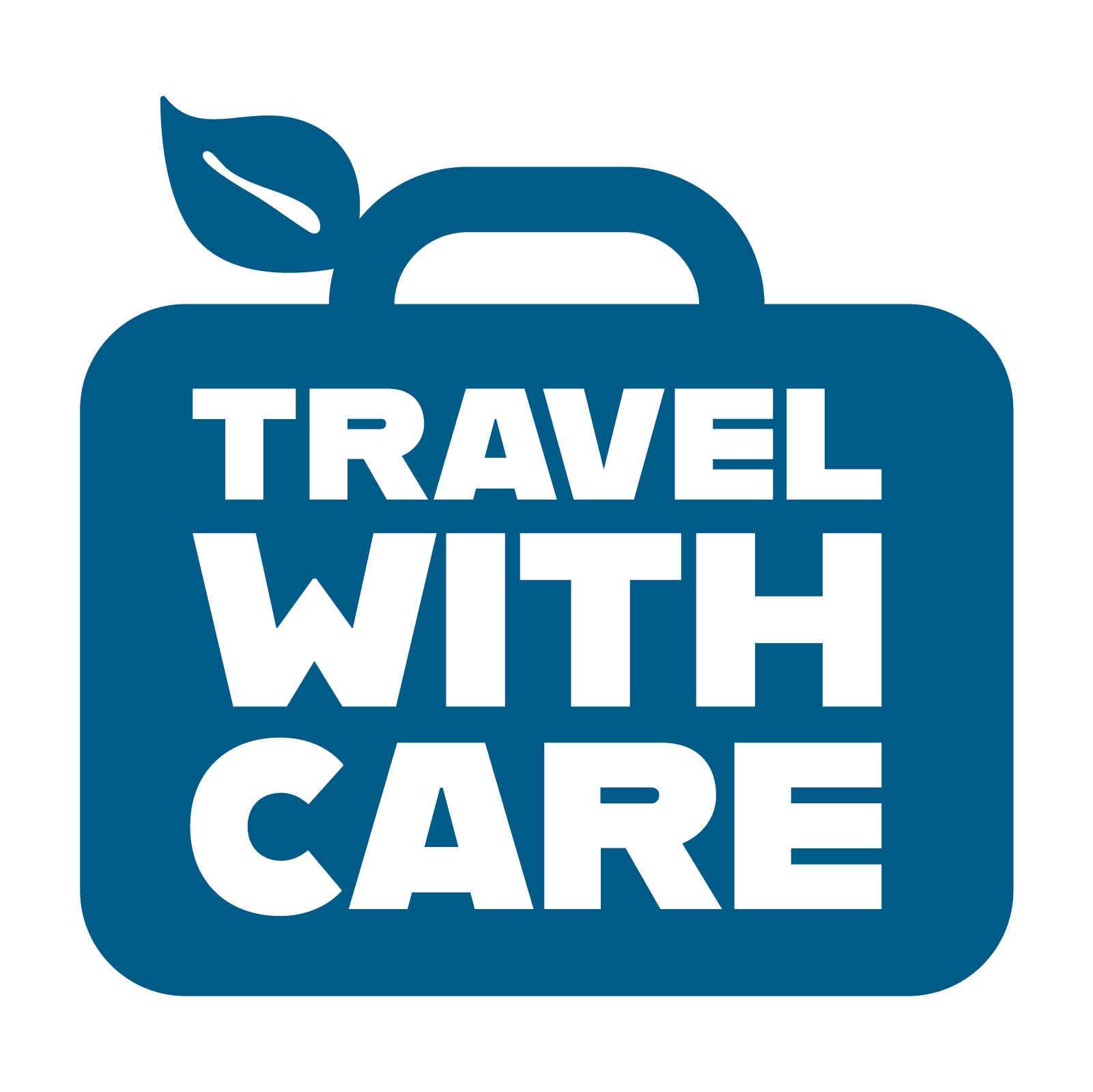While 92% acknowledge the importance of sustainable travel, a little less than 57% said they practiced it.
According to Trip.com’s Sustainable Travel Consumer Report, a principal reason for people not prioritizing or choosing sustainable travel options (48.1%) is that they are not entirely clear on the concept.
This shows a significant intention-behavior gap. This gap indicates that awareness campaigns alone are not sufficient. DMOs must also focus on enabling action by reducing barriers and making sustainable choices easier, clearer, and more accessible.
DMOs can help travelers by clearly communicating what constitutes responsible or sustainable travel in their destination. The best guidance includes concrete examples such as choosing locally owned accommodations, minimizing waste, respecting local culture, participating in low-impact activities, etc.
Finding ways to get the message to travelers is important. DMOs can create simple, engaging educational content (videos, infographics, social posts) that illustrate responsible travel behaviors in action. The research shows visitors will appreciate the guidance.
For DMOs, these statistics underscore the need to bridge the knowledge gap, support behavior change, and build confidence in making responsible choices. Together, we can help move sustainable travel from an abstract value to a tangible action.

